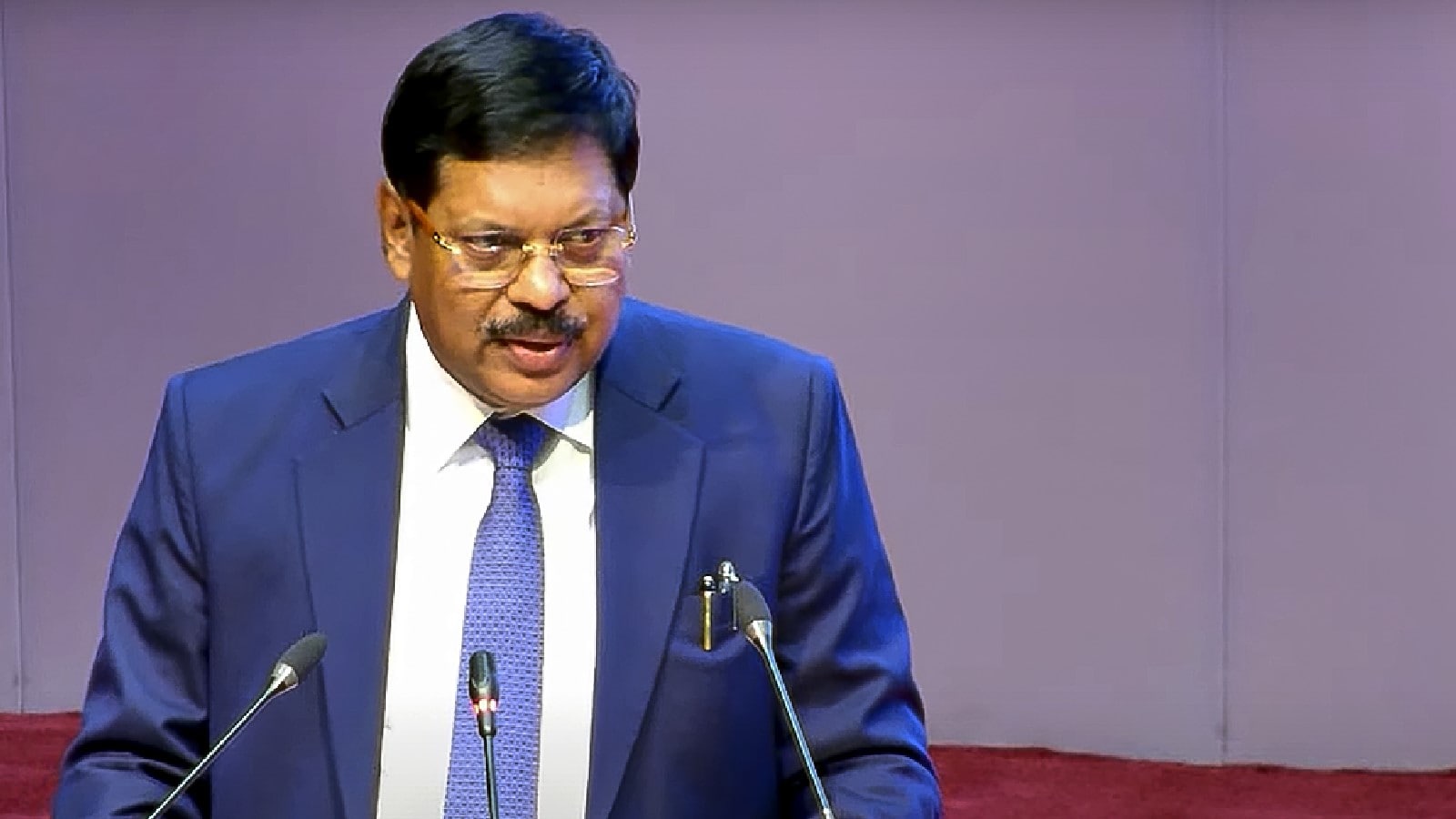AI in Courts: CJI Gavai Stresses Human Judgement Remains Essential

Australia's legal landscape is increasingly discussing the role of Artificial Intelligence (AI) in judicial decision-making. However, Chief Justice of India (CJI) Gavai has recently underscored a crucial point: technology should complement, not replace, the human mind when dispensing justice. His remarks highlight the inherent limitations of AI in understanding the nuanced complexities of legal issues.
The core of CJI Gavai’s argument rests on the fact that many legal cases aren't simply about applying legal precedents. They often involve intricate human contexts, far-reaching societal implications, and difficult ethical dilemmas. While AI excels at processing vast amounts of data and identifying patterns, it currently lacks the capacity to fully grasp these deeply human elements.
Consider, for example, a case involving a complex family dispute. AI could analyze legal documents and identify relevant precedents, but it would struggle to understand the emotional dynamics, the history of the relationships, and the potential impact of a decision on the individuals involved. Similarly, in cases involving corporate social responsibility, an AI might identify breaches of regulations, but it wouldn't be able to weigh the ethical implications of a company's actions in the broader societal context.
The Importance of Human Context
The human element in judicial decision-making is not merely about empathy or compassion, although those qualities are certainly valuable. It's about the ability to exercise judgement – to weigh competing interests, to consider unforeseen consequences, and to adapt legal principles to the specific circumstances of each case. This requires a level of understanding and discernment that AI, in its current state, simply doesn't possess.
CJI Gavai’s warning isn't a rejection of AI in the legal field. Indeed, AI has the potential to revolutionize many aspects of legal practice, from legal research and document review to predictive analytics and case management. However, it should be viewed as a tool to assist human judges, not to supplant them.
The Future of AI in Australian Courts
The conversation around AI in Australian courts is ongoing. There's a growing recognition of the need for careful regulation and ethical guidelines to ensure that AI is used responsibly and fairly. This includes addressing concerns about bias in algorithms, transparency in decision-making processes, and the potential for job displacement.
Ultimately, CJI Gavai’s message is clear: the human mind, with its capacity for empathy, judgement, and contextual understanding, remains an indispensable component of the judicial system. AI can be a powerful ally, but it should never be allowed to overshadow the crucial role of human judges in dispensing justice. The future of law lies in a balanced approach – one that harnesses the power of technology while safeguarding the values of fairness, equity, and human dignity.
This perspective is particularly relevant in Australia, where the legal system places a strong emphasis on procedural fairness and natural justice – principles that are inherently tied to human judgement.






